by Mohammed Ademo @OPride
Activists claim security forces have killed at least seven students in more than two weeks across Ethiopia’s Oromia state, where students have been protesting a government plan to expand the area of the capital, Addis Ababa, into Oromia.
Oromia police have confirmed three fatalities in what it termed provocations by “anti-peace elements.”
Images of severely injured students have been posted on social media, and hundreds of other protesters have reportedly been rounded up in a crackdown on those demonstrating against several state-led development projects.
Oromo students, the opposition and diaspora activists liken the proposed Addis Ababa and the Surrounding Oromia Special Zone Integrated Development Plan, or the Master Plan, to a land grab. They fear that it will displace Oromo farmers and undermine Oromia’s interests by expanding Addis Ababa’s boundaries.
Addis Ababa is in the state of Oromia and serves as the regional and federal capital. In theory, the Ethiopian constitution protects Oromia’s “special interest” in Addis Ababa in the provision of social services and use of natural resources and on joint administrative matters.
While the city, home to 4 million people, has experienced massive growth over the last decade, Oromo activists have long decried the lack of social facilities for its Afaan Oromo speakers, including schools, hospitals and cultural institutions.
The protests broke out in November Ginci, a town about 50 miles west of Addis Ababa. Students from universities, high schools and even some primary schools continue to stage sit-ins and demonstrations around the country.
Oromia, the largest of Ethiopia’s nine ethnically based states, is home to close to half the country’s population of 100 million. The Oromo people have long had a contentious relationship with the national government.
“Many Oromos have felt marginalized and discriminated against by successive Ethiopian governments and have often felt unable to voice their concerns over government policies,” Felix Horne, the Horn of Africa researcher for Human Rights Watch, wrote in a Dec. 5 blog post.
He called for an immediate halt to the excessive use of force by security personnel, an independent and impartial investigation into the killings and the prosecution of security forces involved in the violent crackdown.
‘Long-simmering grievance’
Protesters say the central government is trying to evict Oromo farmers from their land under the auspices of urban development, with little or no compensation, essentially turning them into street beggars and daily laborers.
The government says its plan is mutually beneficial, will enhance cooperation and will make the area globally competitive by remedying its disorganized spatial growth.
Addis Ababa serves as landlocked Ethiopia’s primary gateway to the outside world. Last year the New York–based consultancy A.T. Kearney named Addis Ababa “the third-most-likely city to advance its global positioning,” adding, “the Ethiopian capital is also among the cities closing in fastest on the world leaders.”
Modest economic growth and the lack of opportunities in rural areas have fueled massive rural-to-urban migration. The Master Plan is part of an effort to mitigate the city’s resulting rapid expansion. But critics contend that the proposal focuses mostly on attracting investors and will ensure the continued erasure of Oromos’ historical and cultural values from the city.
The Oromo students’ protests are not new. They been demonstrating against the central state for most of the last two decades.
In April and May 2014, Ethiopian security forces fired live ammunition at unarmed protesters, killing dozens of students and wounding many others. Hundreds of students were arrested and charged under Ethiopia’s sweeping anti-terrorism law, and many remain incarcerated.
A federal court last week convicted five students for participating in those protests. In the early 2000s, Ethiopia saw similar protests and violence over a government plan to move Oromia’s capital from Addis Ababa. The decision was reversed in 2005 amid a public outcry.
There has been limited media coverage of the ongoing protests. There are strong restrictions on the free press in Ethiopia, one of the most censored countries in the world, according to the Committee to Protect Journalists. Government critics and the independent press face increased scrutiny.
Analysts warn that continued violent responses to peaceful protesters could bode ill for Ethiopia’s future.
“The Oromo have long been humiliated with their still marginal status in Ethiopia’s power arrangement,” said Hassen Hussein, an Ethiopian-born university professor in Minnesota. “These almost annual student protests give voice to these long-simmering grievance and perhaps a harbinger of what is to come. The authorities cannot forever count on an aggrieved nation remaining docile.”
Oromo activists and community leaders in North America, Western Europe and Australia are planning solidarity rallies for next week, when more violence is anticipated.
Bonnie Holcomb, an author and anthropologist based in Washington, D.C., said the current situation mirrors the violence of 2014. “The international media were silent when Ethiopian police opened fire into crowds, killing 68, permanently disabling hundreds and arresting thousands. Now the next stage of the Master Plan is being implemented,” she said.
“Ethiopian police have moved in to suppress this united demonstration of protest. Government sharpshooters are firing into crowds and killing students again,” she said.
source:-http://america.aljazeera.com
Students protesting development plan met with violence in Ethiopia
Latest from Blog
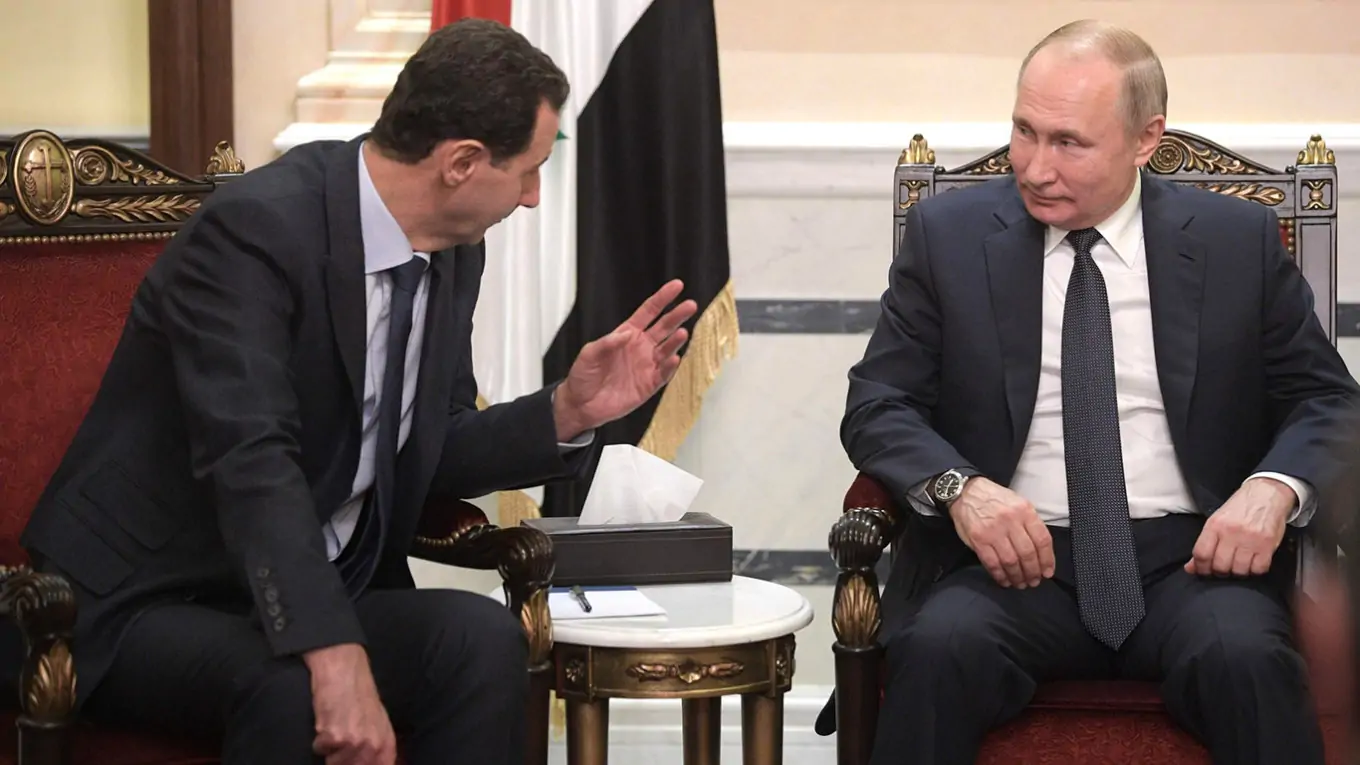
The Fall of Assad and Russia’s Strategic Dilemma: Shifting from Syria to Libya”
December 18, 2024 Caleb T (Dr.) Russia’s military presence in Syria, once a cornerstone of its strategy in the Middle East, faces significant uncertainty as the Syrian conflict evolves. Recent developments, including
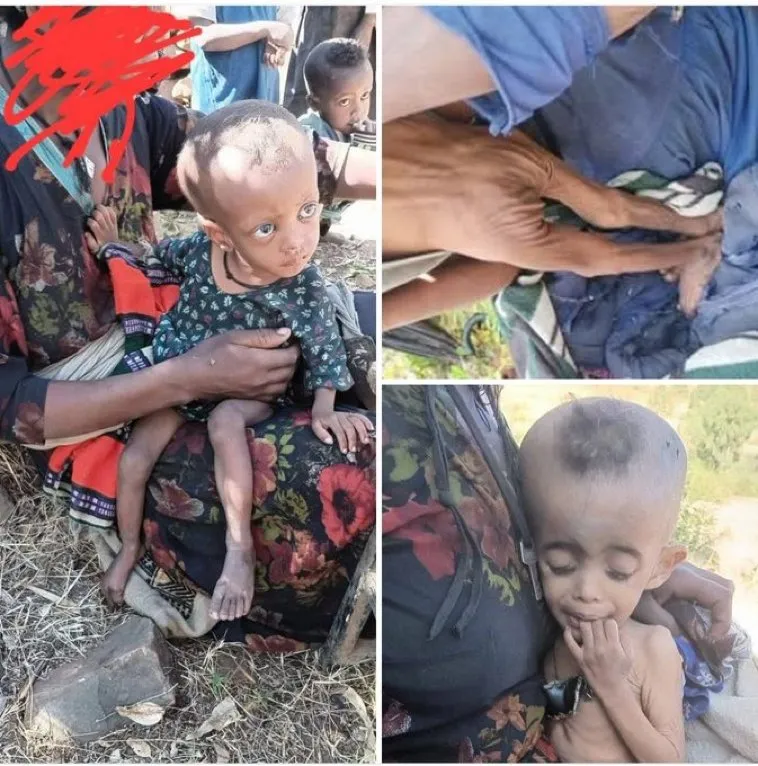
Urgent Humanitarian Crisis in Amhara: Addressing Essential Needs Amidst Ongoing Violence
The situation in Ethiopia’s Amhara region requires immediate international focus. The government led by Abiy Ahmed is perpetrating war crimes, employing tactics such as starvation and continuous drone strikes against civilian populations.

The African Auschwitz Version of the Amara – Ethiopia!
Yinegal Belachew The Polish city Auschwitz is known for the service it had given to the Nazis during the slaughtering by Hitlerians of the Jews. Despite the number of Jews massacred then

Ethiopia’s New Banking Legislation: A Double-Edged Sword for Domestic Banks
The recent banking legislation in Ethiopia signifies a major transformation in the nation’s financial sector, aiming to remove long-standing barriers that have restricted foreign banks from participating in the local market. This

Fano: The Unsung Heroes of Ethiopia’s Fight for Freedom
What is the Fano Movement? The Fano movement represents a collective of Ethiopian fighters, largely composed of young people, farmers, and rural militias. These fighters have historically resisted both foreign invasions and

Has Human Behavior Changed Since Man Was Created or Evolved?
By Belayneh Abate The world is stunned by the horror and the indescribable crimes committed in the notorious prisons and elsewhere in Syria for more than half a century. These types

Post-Assad Syria: Navigating Hope and Uncertainty
Dahilon Yassin The Syrian uprising against Bashar al-Assad’s regime which escalated into a civil war was violently crushed by the Syrian government in 2011. 13 years later, a surprise rebel offensive reached

The Fall of Assad: How Israel, Turkey, and Iran Are Redrawing Syria’s Geopolitical Map
December 12, 2024 Caleb T (Dr.) Map Showing Regional Alliances in the Syrian Civil War before the removal of President Bashar al-Assad’s regime Other nations in the Middle East dealing with political

Ethiopia: Knowledge and Accountability Matters (Part One)
Tsegaye Tegenu, PhD 2024-12-13 These days, I’ve been engaging you with discussions on researches and data related to the challenges facing our country. The three articles provided—“Ethiopia: Rapid Population Growth, Fragile Contexts

Abiy Ahmed’s Deception and Failure in the Turkey-Mediated Ethiopia-Somalia Agreement
Dr. MeKonnen Birru (birrum@uhd.edu) The announcement of the peace agreement between Ethiopia and Somalia mediated by Turkey marks a significant diplomatic development, but it also highlights a series of contradictions and potential

Abiy Ahmed’s Drone Strikes in Wollo, Bete Amara: A Tragic Toll of Over 30 Lives
Abiy Ahmed drone attacks in Wollo, Bete Amara, have resulted in the tragic loss of over 30 lives, including that of a five-year-old child, while more than 100 individuals sustained injuries. This

Ethiopia’s Fano Rebellion: The Amhara Resistance Reshaping the Horn of Africa
By Taha Sakr DNE Africa — Ethiopia, a nation with a long history of political upheaval, is now grappling with the resurgence of the Fano rebellion—a powerful Amhara-led resistance movement with deep
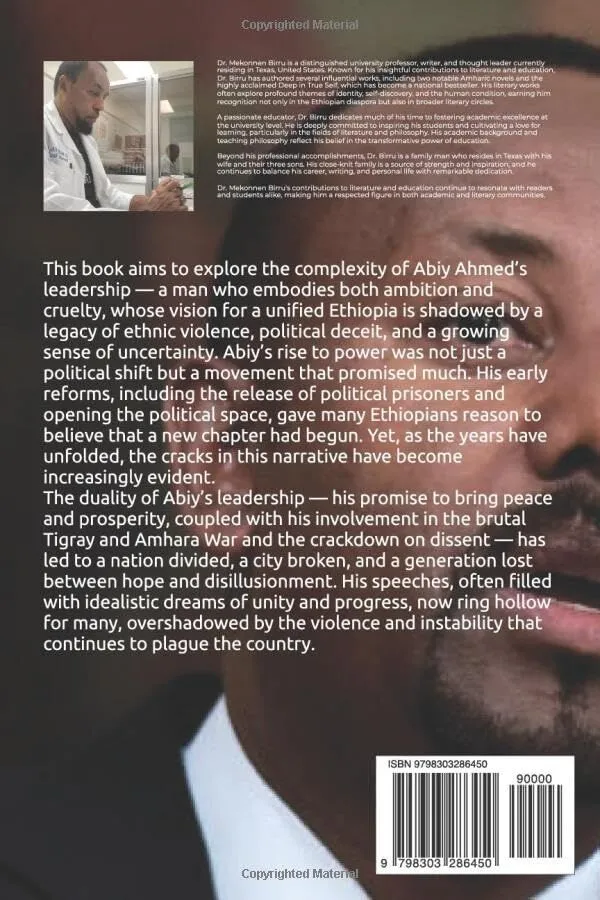
Deception, Centralization, Manipulation and Betrayal: The Complex Leadership of Abiy Ahmed Ali Paperback
by Dr. MeKonnen Birru (Author) December 10, 2024 Deception, Centralization, Manipulation and Betrayal: The Complex Leadership of Abiy Ahmed Ali Abiy Ahmed, the Prime Minister of Ethiopia from 2018 to present, emerged
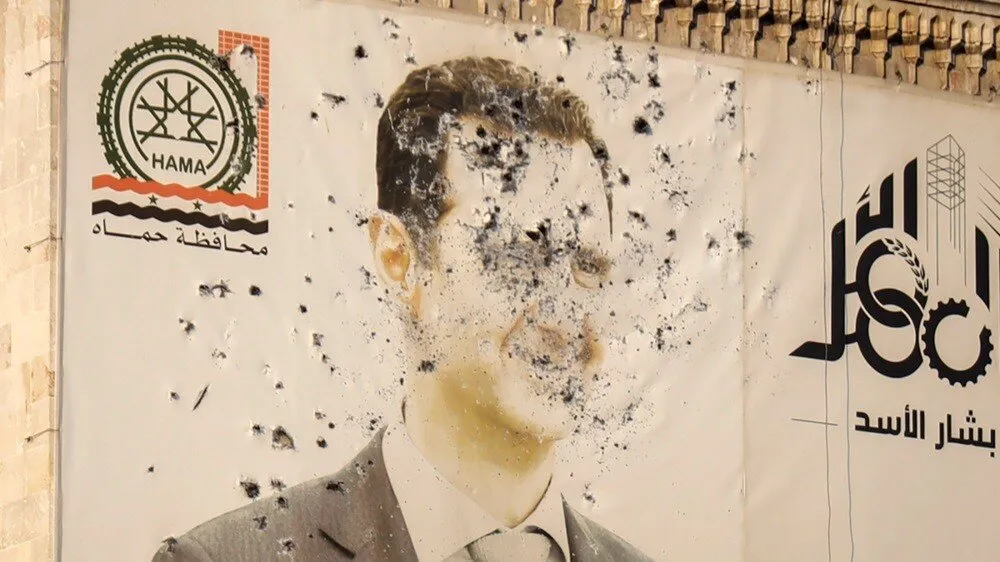
The Legacy of Successive Dictators: The Fall of Bashir
Mengistu Musie (Dr) mmusie2@gmail.com Abu Mohammed was the name given to a militant who fought for years against the regime in Syria. After spending significant time in battle, he returned to Damascus,
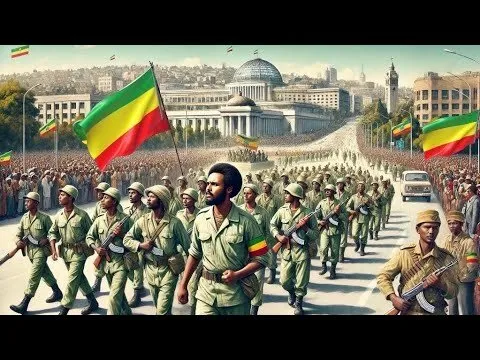
Ethiopia United: A Call to All Ethiopians by Fano
This message serves as a rallying cry for the collective unity of all Ethiopians, emphasizing the importance of solidarity in the face of challenges. Fano urges every citizen to come together, transcending
